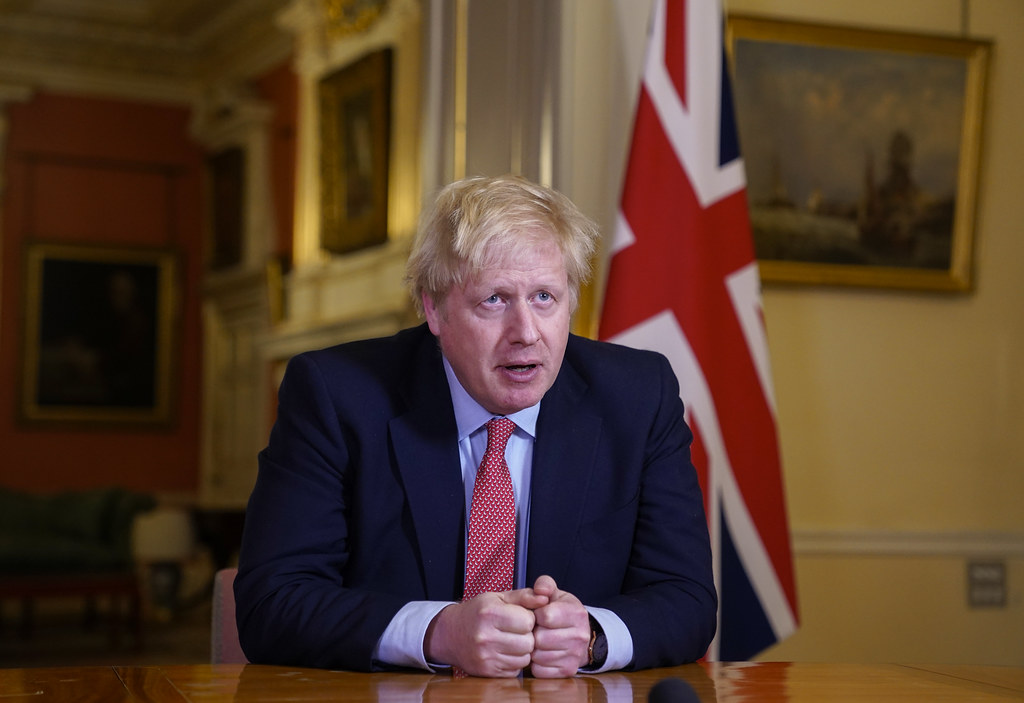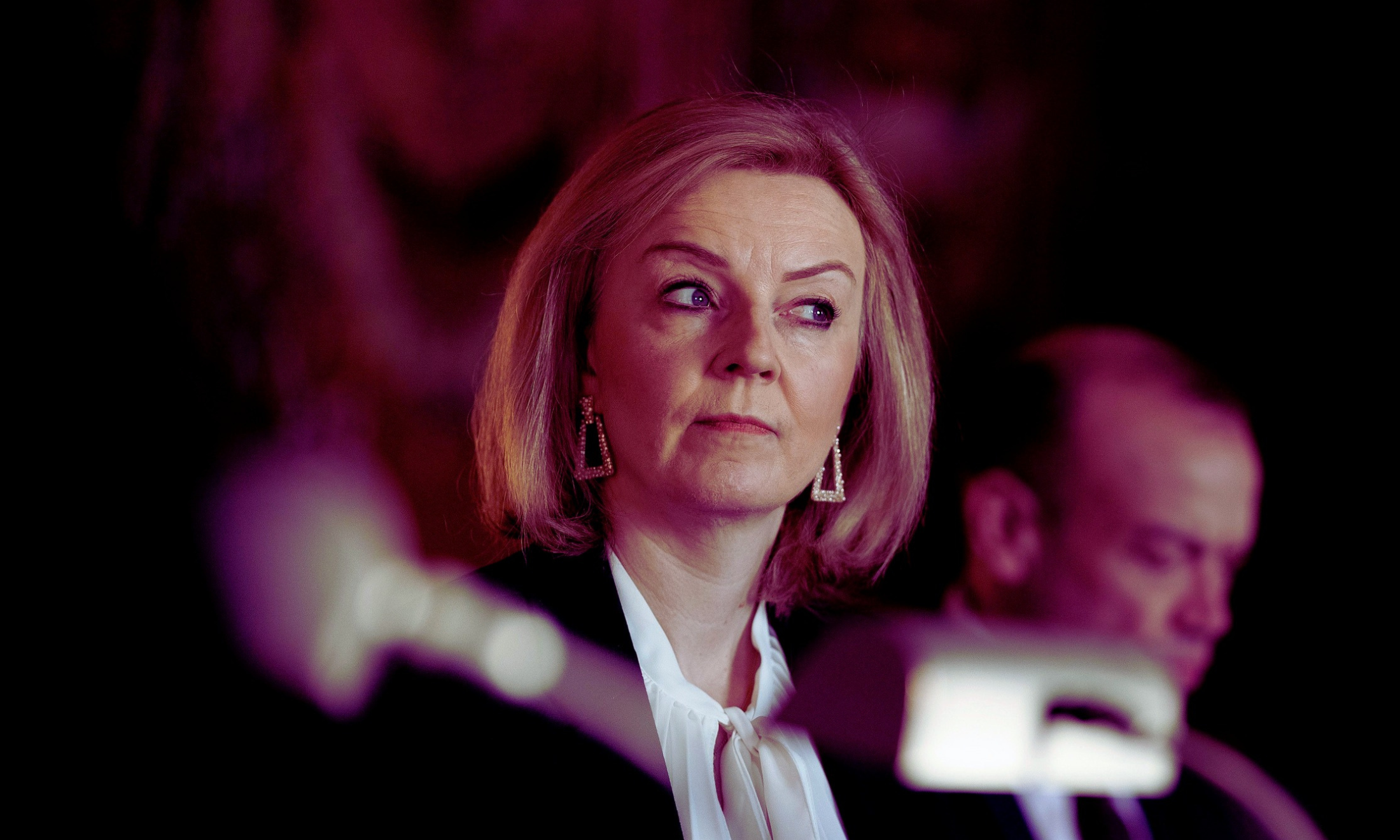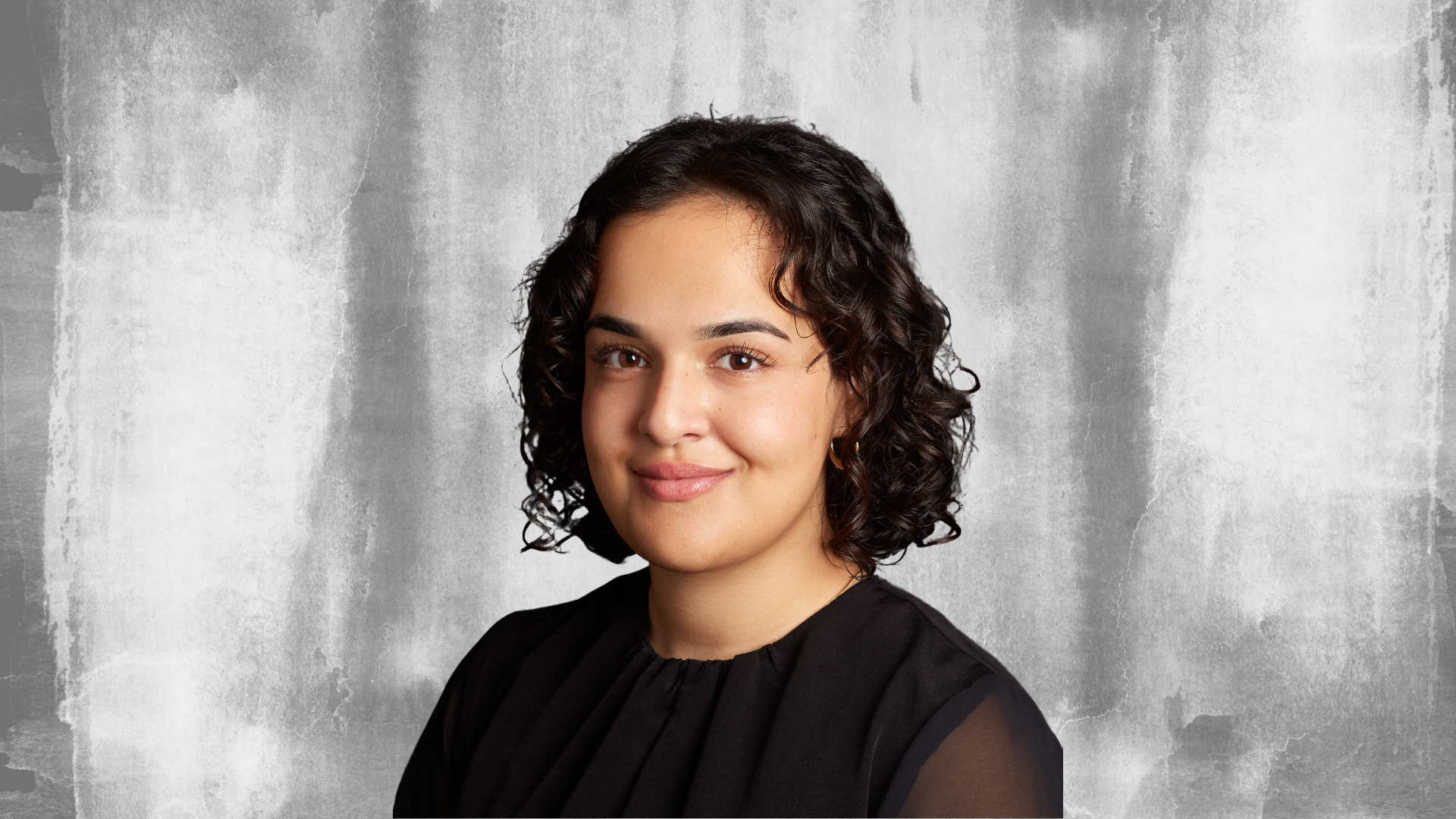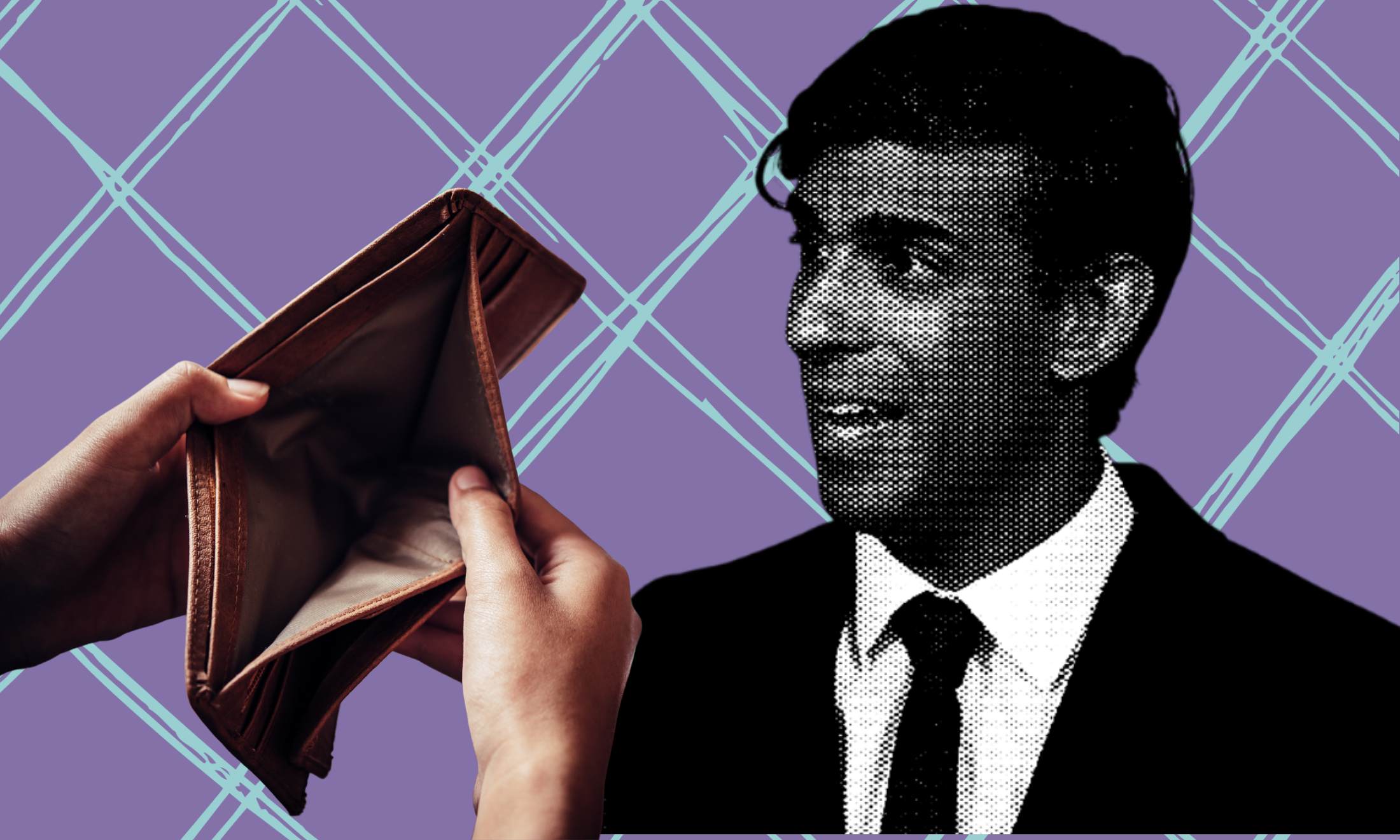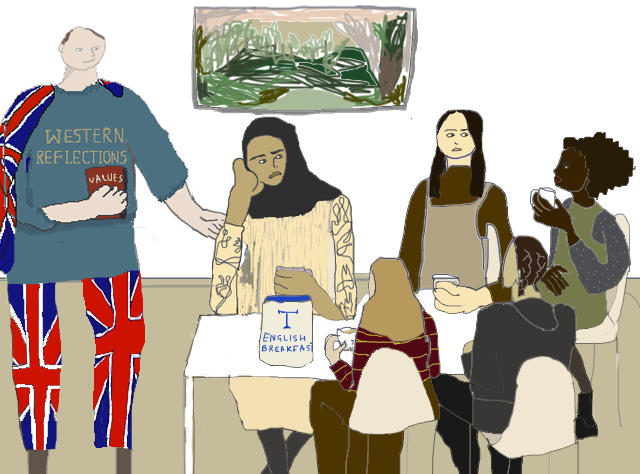
Last Sunday, Sajid Javid MP, the Communities Secretary, said every public office-holder should swear a “loyalty pledge”: an oath of allegiance to British values. Motivated by the recently published Casey Report on the state of integration in Britain. Javid feels that public officials must lead by example – pledging allegiance to tolerance , the rule of law, equality and liberty. Writing in the Sunday Times he went on to say that all migrants will have to take the oath in a bid to combat Islamic extremism. The letter’s message is clear: criticism cloaked in integration rhetoric. Minorities must do more to integrate themselves, particularly British Muslims. I read it and sighed.
This isn’t the first, and will certainly, by no means, be the last time the term British values is tossed out as the simple solution to the complex issue of integration. So what are British values? There is nothing uniquely British about Javid’s list of vaguely defined values: freedom, liberty, freedom of speech, equality, democracy, and the rule of law are just the basic tenets of liberal democracy.
The Casey report suggests attaching more “weight to British values, laws and history in our schools” as a solution to encourage social cohesion. Spare me. I wish someone had taught me in primary school history about Britain’s denial of freedom, liberty, equality and democracy to 1/5 of the worlds’ population. None of this featured on my history curriculum. But it would have helped me understand our shared history and our place in it. I suspect this is not what the report is suggesting.
Forcing public officials and migrants to swear an oath to liberal democracy cannot engender belief in it, or make people feel as if they have a stake in our society. To allow migrants to feel welcome and wanted, that takes real work. It requires policy change. Reciting an oath is not going to make me feel part of British society, however, better representation in top jobs or a decrease in hate crime might just change my view. Also with this “loyalty pledge,” it’s unlikely to make the rhetoric of Islamic extremism less attractive to alienated young people.
Radical nativism and extremism are not about a clash of civilisations between irreconcilable values – they are a response to the tragic tapestry of events that’s culminated in the shit show that is 2016: our slow economic decline, growing uncertainty and our widespread disbelief that electoral politics can save us. Politicians remain the least trusted professionals. There is no shortcut to sustainable change. Successful integration requires reciprocal effort from both majority and minority communities, robust antidiscrimination laws, and serious policy responses to socioeconomic deprivation.

